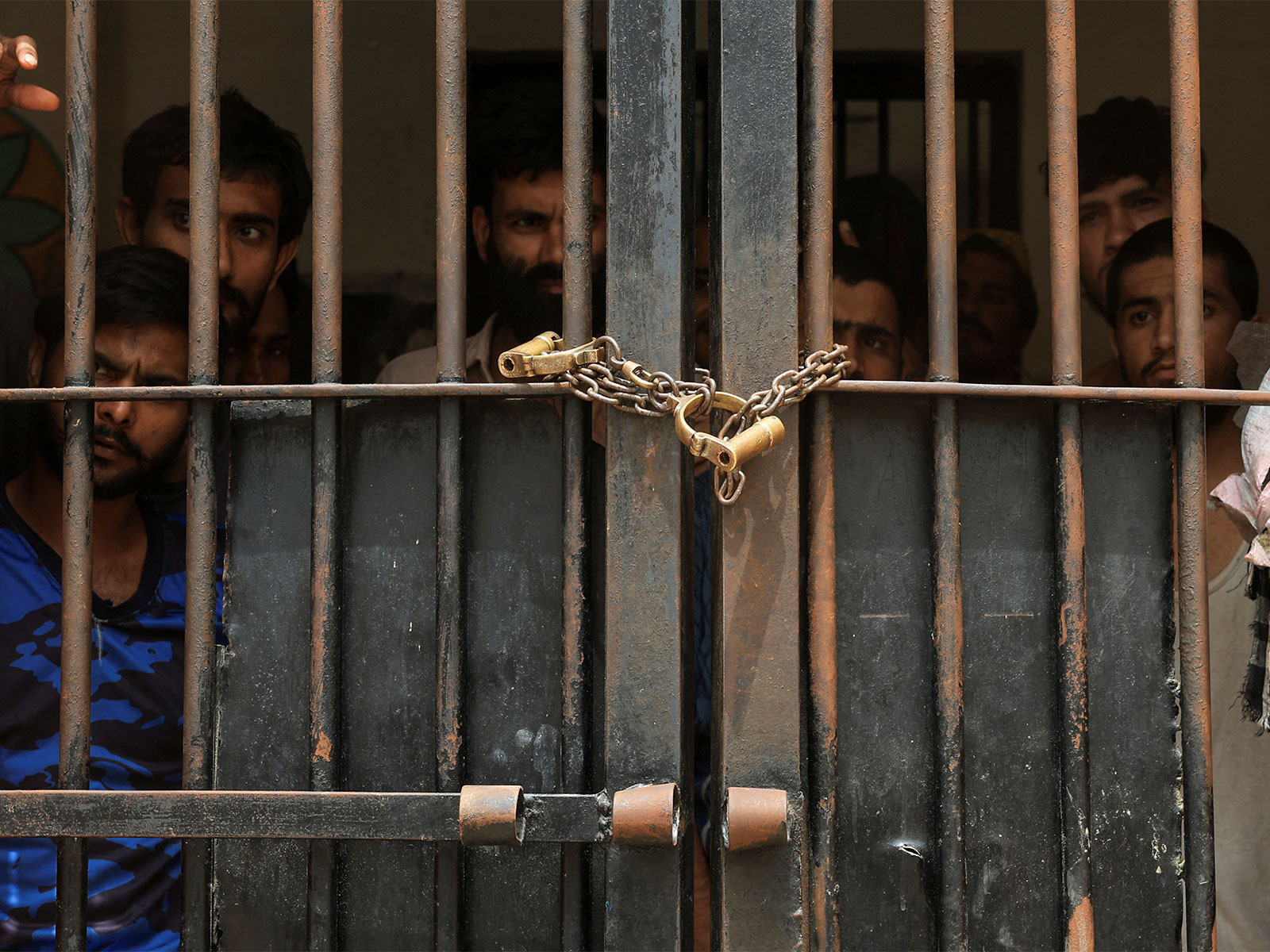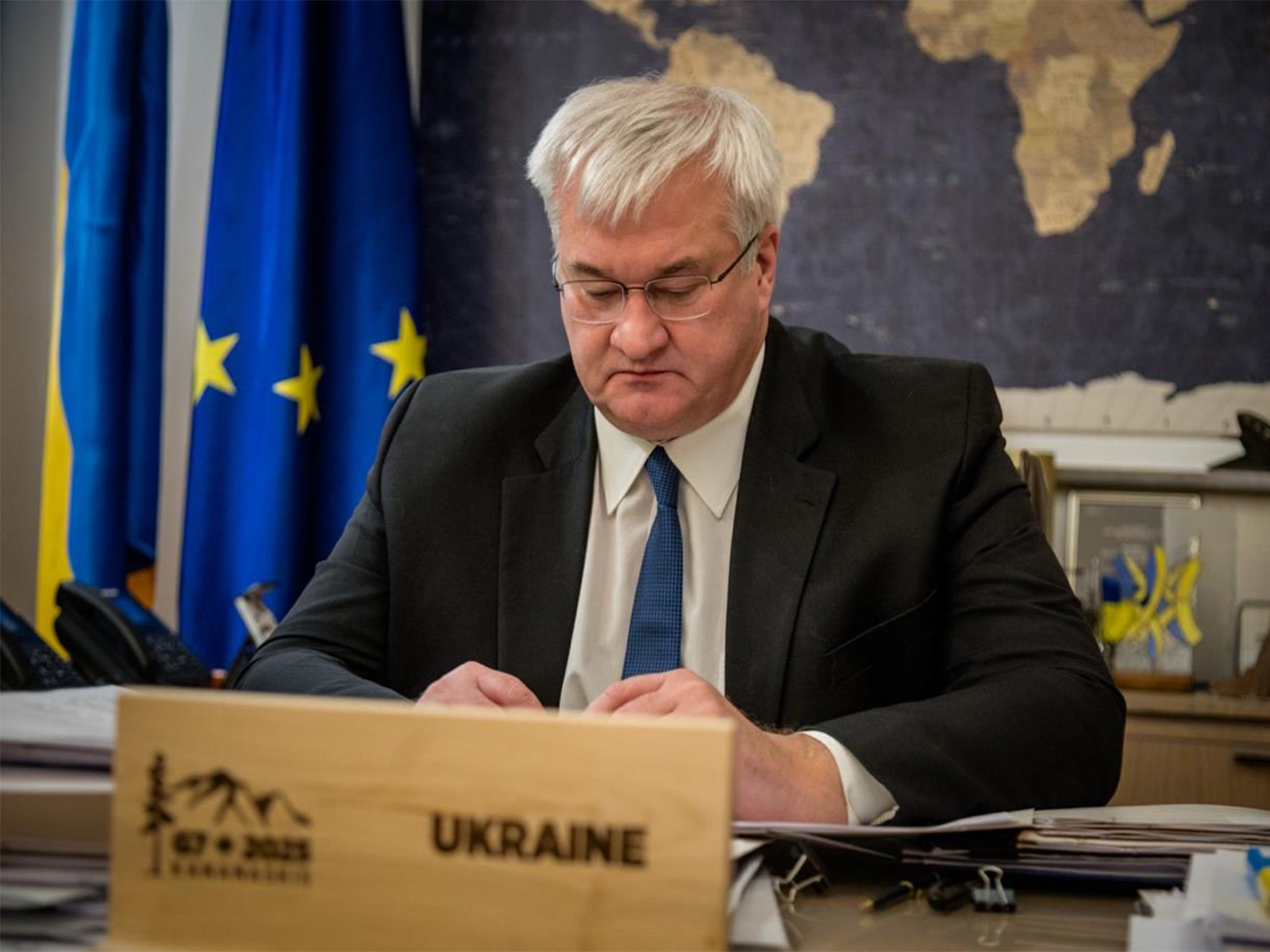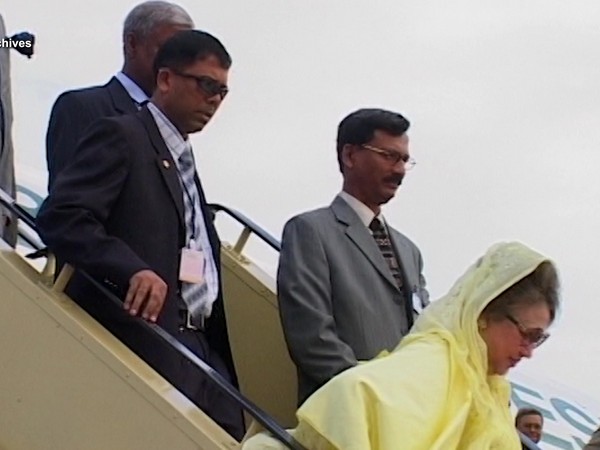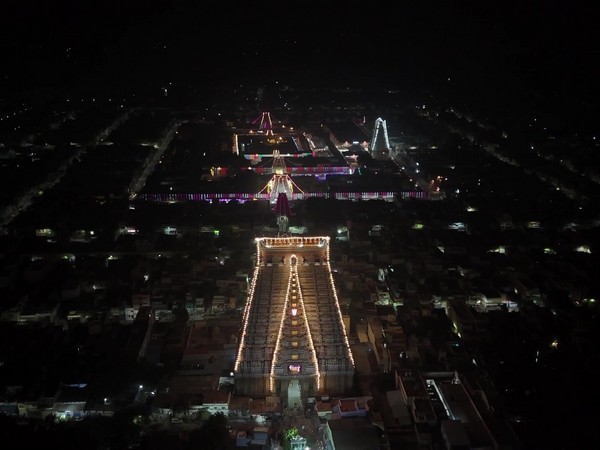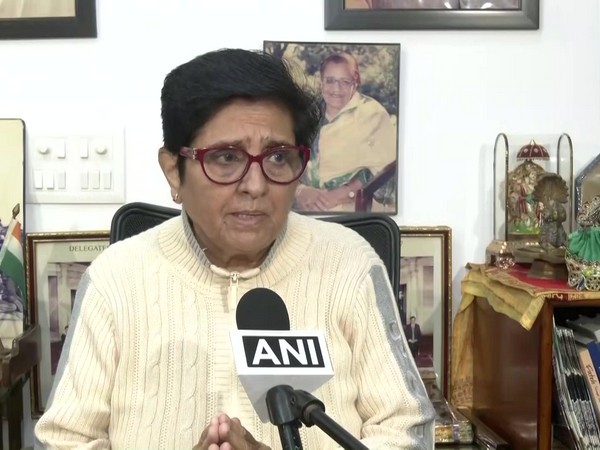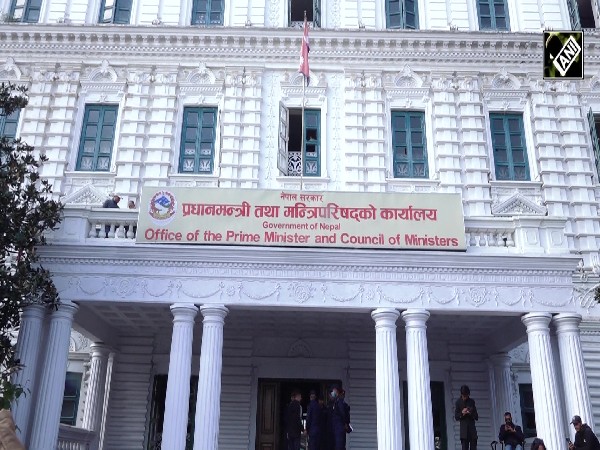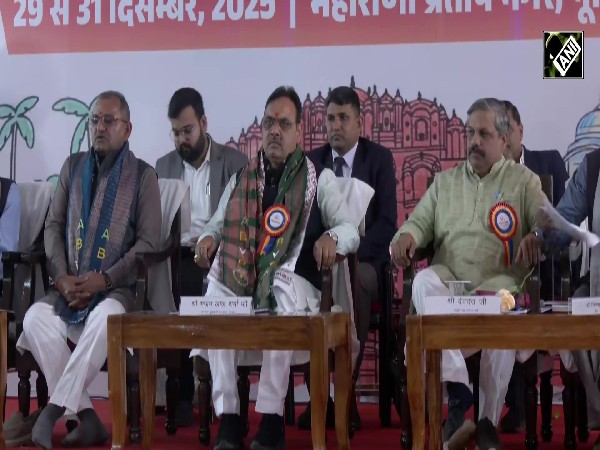US: Alabama carries out world's first nitrogen gas execution
Jan 26, 2024

Alabama [US], January 26 : In the world's first known execution by nitrogen hypoxia, the US state of Alabama put to death Kenneth Eugene Smith, a prisoner on death row for his role in a contract killing more than three decades ago, The Washington Post reported.
Smith's execution was preceded by months of legal battles over whether it was constitutional to use nitrogen hypoxia in capital punishment, as the method was not known to have ever been used before in a prison setting.
Alabama prison officials kept many of the details about how they would carry out the new method a secret from the public.
Smith, 58, was pronounced dead at 8:25 pm (local time) on Thursday at the William C Holman Correctional Facility in Atmore.
Alabama officials had previously tried and failed to execute Smith by lethal injection in 2022.
Notably, states that still use the death penalty have struggled to obtain lethal injection drugs, with lawmakers and prison officials adopting alternative methods as backup options. Alabama, Mississippi and Oklahoma have approved nitrogen hypoxia, while other states have brought back the long-disused firing squad, The Post reported.
Despite the historic nature of Smith's execution, only five independent witnesses from the news media were able to observe the process. Smith's family, as well as the family of his victim, Elizabeth Sennett, attended Thursday's execution.
For months, medical professionals and human rights advocates had argued that Alabama's efforts to use an untested execution method on Smith amounted to human experimentation, claims Smith's lawyers took all the way to the US Supreme Court.
The US top court rejected Smith's last-ditch request to intervene late Thursday. The court's three liberal justices - Sonia Sotomayor, Elena Kagan and Ketanji Brown Jackson - noted their dissent in the court's order, which did not explain the majority's reasoning, The Washington Post reported
Sotomayor called Alabama's method "untested" and said "the world is watching." "Having failed to kill Smith on its first attempt, Alabama has selected him as its 'guinea pig' to test a method of execution never attempted before," she wrote.
Kagan, joined by Jackson, wrote separately to say that she would have put the execution on hold to give Smith and his lawyers more information about the state's new protocol to allow him to fully challenge the execution method.
A jury voted 11-1 in favor of life in prison at Smith's second trial before a judge overrode its verdict and sentenced Smith to death. The practice, known as judicial override, has since been eliminated in all 50 states; Alabama was the last state to do so, in 2017, The Post reported.
In previous court filings, Smith's attorneys said there was a real risk that Smith would vomit and choke to death during his execution.
Marshall, Alabama's attorney general, said that was unlikely, noting that Smith would have taken his last meal more than eight hours before the execution. Should Smith vomit, the state said, officials would remove and clean the mask and clear Smith's airway before continuing.
In two key changes to Alabama's execution procedure, the Alabama Supreme Court in 2023 extended the typical 24-hour timeline for execution warrants to let the governor set the timeline and eliminated the process of automatically reviewing death penalty cases for "plain errors" during the trial phase.
Smith was convicted in Sennett's 1988 death in Colbert County, Ala. Sennett was found beaten and stabbed in her home, which was staged to look like a robbery. Investigators later found that Sennett's husband, the Rev. Charles Sennett, had hired a hit man to kill her and collect on her life insurance policy to cover his debts, The Washington Post reported.
John Forrest Parker and Smith were paid USD 1,000 each by a middleman on Sennett's behalf to carry out the murder. Charles Sennett killed himself when police learned of his role in the plot, while Billy Gray Williams, the middleman, was sentenced to life in prison. Parker was executed in 2010.

